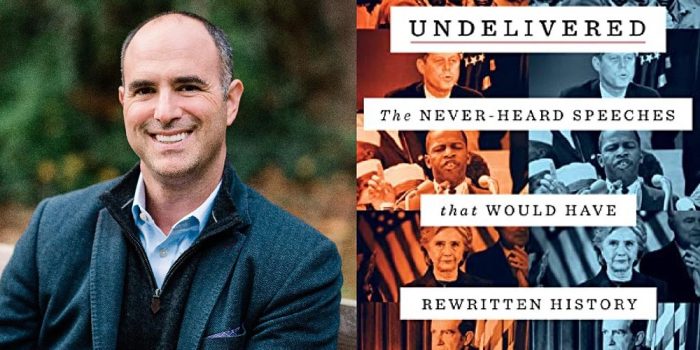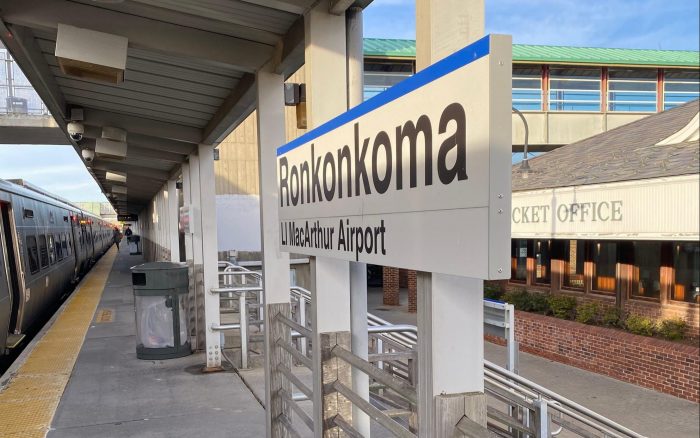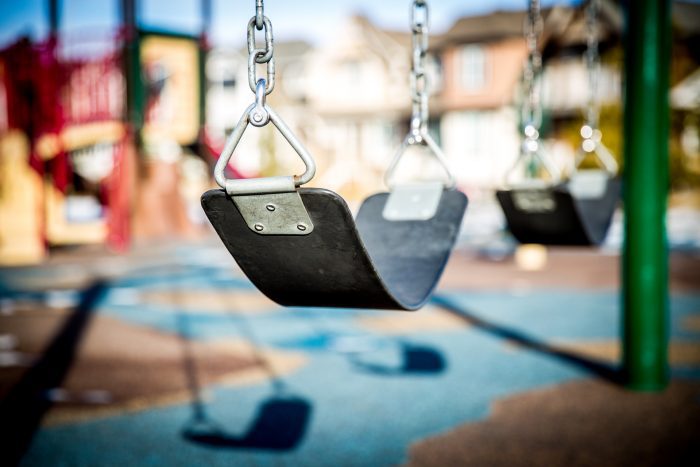By Daniel Dunaief

Even as I type this, I’m sure my mom, and the parents of people in their 40s and 50s, are going to laugh.
You see, my daughter turned 21 recently. For me, her age comes as a bit of a shock, a take-stock moment and a time warp enigma.
I get it. She’s lived 21 years, but, somehow, her reaching that age seems to have happened suddenly.
I know it’s not all about me, but it is in this column, so, hang with me for a few more minutes.
I don’t remember many of my birthdays when I was younger. At her third birthday, I’m pretty sure I didn’t stop and say to myself, “When I turned three, I was wishing with all my might for a Big Wheel.”
That probably was what I wanted, but I don’t remember thinking that. In fact, I don’t recall other landmark birthdays all that vividly, even though my parents invited my friends over, sang to me, and insisted that I make a “really good wish” before I blew out the candles.
What I remember from that age was my ambivalence. I was uncomfortable with all the attention, but I enjoyed the excitement of opening new presents. One year, all I wanted was basketballs, so I got three of them from my obliging social group.
So, back to our daughter. She earned this milestone birthday, leaving behind a trail of bread crumb memories.
On the day of our daughter’s birth, my wife insisted that I stay with her in the hospital no matter what was happening with my wife, so that we brought home the baby that had been “cooking” as we called it, for all those months.
It wasn’t hard to find our daughter, who has a distinctive birthmark and was exactly twice the weight of the baby next to her in the pediatric unit.
She went through numerous stages on the journey from that first miraculous day to now. When we moved out to a suburb from Manhattan, she took a walk through a nearby wooded path. An inchworm dangled from a tree and landed on her small, thin outstretched finger.
She carried it, slowly and carefully back to our house, offering to show this miracle to our new neighbors. Having lived their entire short lives in the suburbs, they didn’t relate to this city girl’s fascination with small samples of nature and returned to their driveway activities.
She took us with her on a journey that included brief visits to ballet studios (that ended abruptly) and to gymnastics floors (that also didn’t take). We spent considerably more time on hot softball fields and in confined volleyball gymnasiums, where ear-piercing whistles blended with teams celebrating the end of each point.
We also attended numerous concerts, including jazz bands, where she overcame stage fright to play a tenor saxophone solo.
We went through phases where nothing I said was right, funny or even worth sharing. The silent treatment, the lack of communication and the dubiousness with which she interacted with us helped prepare us for the moment when her younger brother exercised his own need to push us away and assert his independence.
So, here she is, at 21, driving a car, preparing for her senior year of college, making friends, gainfully employed during the summer, and filled with so much of the same wonder that defined her earlier years. In fact, these days, instead of carrying inchworms on her now manicured hands, she maintains several ecospheres filled with snails on a small table in her room.
When children act out, parents sometimes caution them that they may one day have a child just like them. In her case, I certainly hope so. I couldn’t wish anything better for our now 21-year-old.















